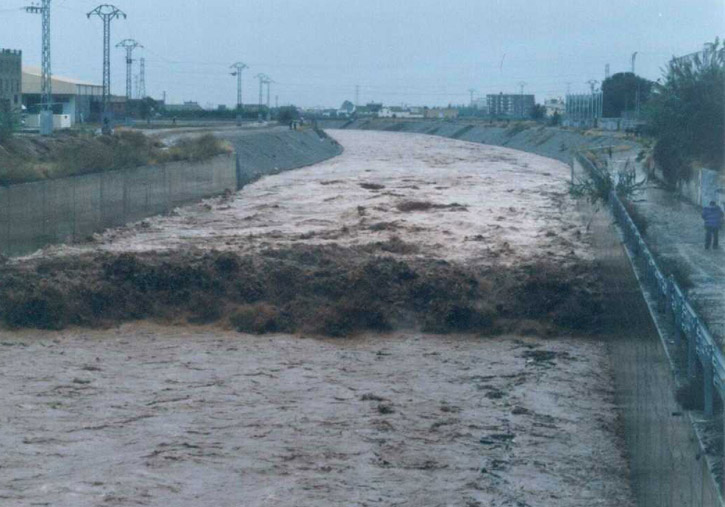This study, published in the journal Sustainability, explores the training of fourth-year teaching students regarding the risk of flooding during their school years, and at the same time examines their perception as future teachers of the factors that influence the risk of flooding, to contribute to general knowledge of this problem. Spain is one of the European countries with the highest risk of flooding, since more than two million people live in areas that have it and between 1995 and 2015 there were 526 deaths from this phenomenon. In the Valencian Community, the area of this study, some 600,000 people live in flood-prone areas.
The conclusions of the article also bet on a model of educational programming with a holistic teaching in which environmental problems are treated with greater emphasis on the cause-effect relationship, and not on the consequences manifested by the media, where spectacularisation distorts the severity of the problem
“Training future teachers in aspects related to flood risk is very necessary, since we live in a risk region, it is a subject that should be worked on in Social Sciences, we must improve the dependence on textbooks to study the subject, and it is important to reinforce the education factor as a variable to reduce risk”, highlighted Álvaro-Francisco Morote, researcher at the Department of Didactics of Experimental and Social Sciences of the UV.

Regarding the data from Morote and Hernández’s research, the questionnaire was distributed in the 2019-2020 academic year among 80 teaching students, with 67% women and 33% men. “Only 21.3% of this student body has knowledge of flood risk. Regarding the factors that influence floods, most believe that the main factor is climate change and land management”, said María Hernández, professor of Geography of the UA. Also, 51.3% believe that floods have increased a lot in a few years, and 82.5% consider that it currently rains more intensely.
Regarding the data from Morote and Hernández’s research, the questionnaire was distributed in the 2019-2020 academic year among 80 teaching students, with 67% women and 33% men. Only 21.3% of this student body has knowledge of flood risk. Regarding the factors that influence floods, most believe that the main factor is climate change and land management. Also, 51.3% believe that floods have increased a lot in a few years, and 82.5% consider that it currently rains more intensely.
The conclusions of the article also bet on a model of educational programming with a holistic teaching in which environmental problems are treated with greater emphasis on the cause-effect relationship, and not on the consequences manifested by the media, where spectacularisation distorts the severity of the problem.
Thus, in countries such as the United Kingdom, UN-accredited climate change specialists routinely teach courses on this subject in schools and provide primary school students with updated and more reliable materials, as well as more practical learning. The United States, Poland or Slovenia have also increased the importance of these programs, which are included in the areas of natural and experimental sciences, unlike Spain, where they appear in the areas of Social Sciences.
The article also reveals having shown an important lack in the training of future teachers, especially in the Valencian case, in which the best known element of the risk of flooding is the Cold Drop episodes, dissociated from the global problem of climate change and its causes.
This study is part of the research project “Social representations of school content in the development of teaching competencies”, funded by the Ministry of Economy and Competitiveness (MINECO) (PGC2018-094491-B-C32).
